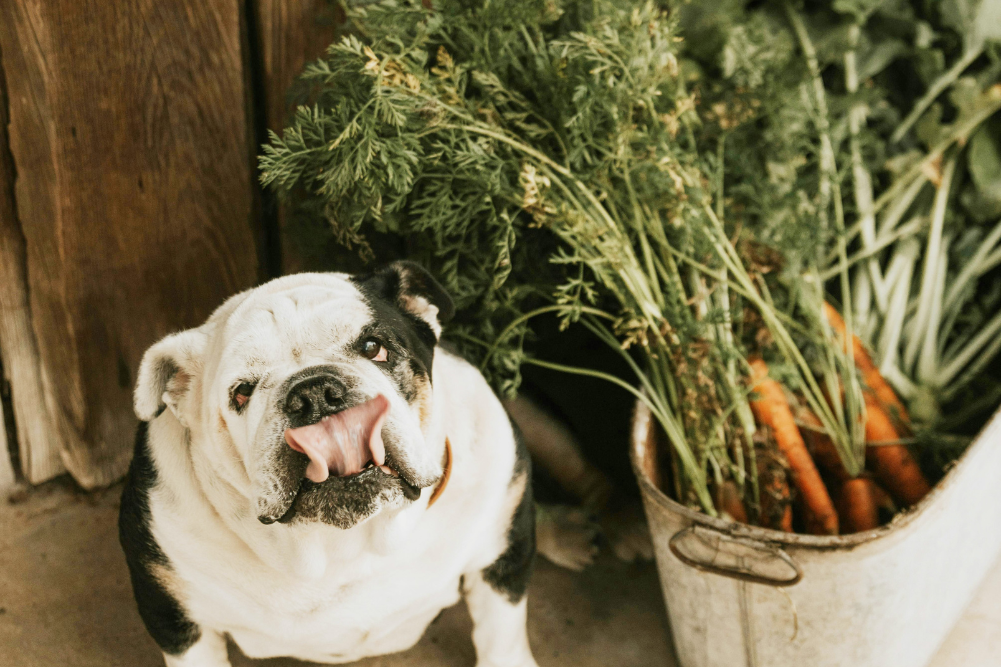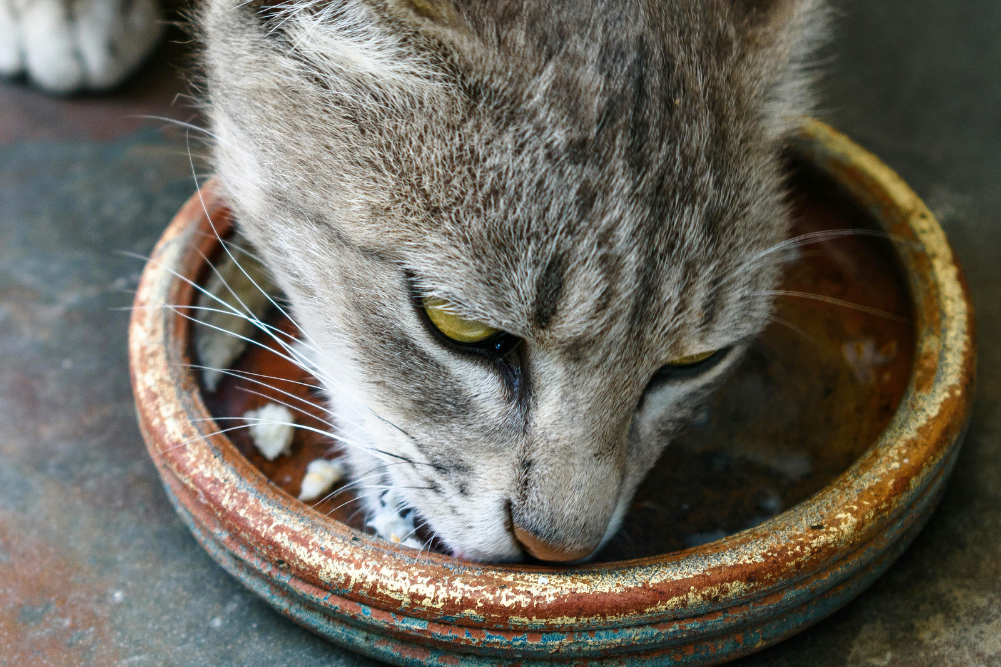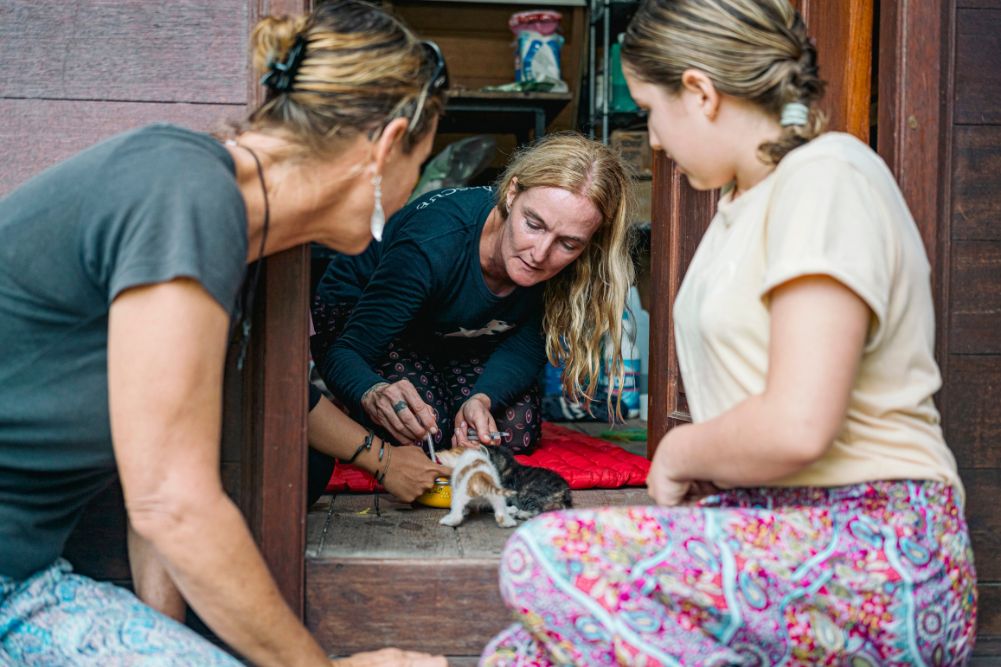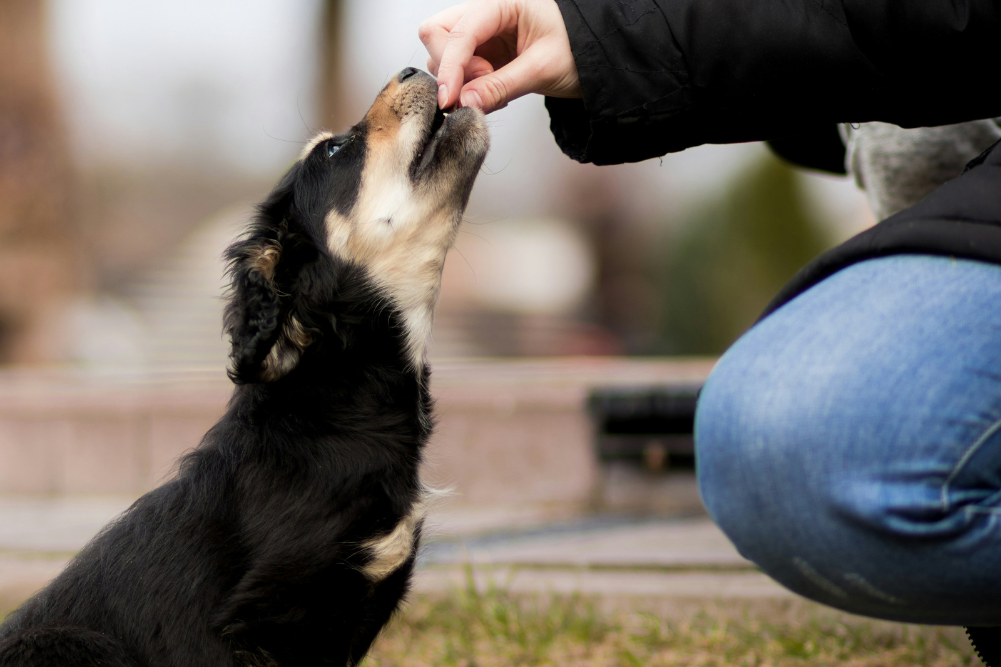How to treat inflammatory bowel disease in dogs and cats
Inflammatory bowel disease (IBD) is a common diagnosis in human and veterinary medicine. It refers to a condition where there is an infiltration of inflammatory cells anywhere along the gastrointestinal tract, from the stomach down to the large intestine.
Signs can vary. In dogs we may see reduced appetite, vomiting, abdominal pain, grumbly tummy or diarrhoea that might be watery or mucousy with blood. In cats the only sign might be poor appetite.
Treatment in conventional veterinary medicine consists of dietary therapy, anti-ulcer medications, antibiotics and often long-term anti-inflammatory treatment or immune-suppressive treatment with corticosteroids or stronger medications. These may help control the signs in some dogs and cats, but may also lead to side-effects including muscle wasting, weight gain, increased risk of liver and pancreatic problems, and diabetes.
Environmental factors, abnormal immune responses, hormone imbalances and genetics may all play a role in the development of IBD, but it’s referred to as idiopathic inflammatory bowel disease because not all causes are known.
Recent research has found a link between the microbiome in the gastrointestinal tract, and the development of chronic gut inflammation. This dysbiosis may also be associated with “leaky gut syndrome” where the affected gut becomes more permeable to undesirable substances (such as glutens, toxins, pathogens), which in turn can activate an immune response and perpetuate inflammation. It all sounds very complicated, but what it means is that to try to tackle IBD we need to encourage a healthy microbiome, we need to assist repair of inflamed intestines and we need to avoid toxins and substances that may sensitise the gut.
A holistic approach
Many dogs and cats don’t tolerate prescription hypoallergenic diets because they are sensitive to some of the ingredients, or they may be difficult to digest. A better approach to feeding these dogs and cats is to find a diet that’s easy to digest, lower in fat, hypoallergenic and possibly free of glutens and lactose.
How do we find a hypoallergenic diet? Many years ago, we just used to recommend anything except chicken and beef for dogs, and fish for cats. (Since most pet foods used these as meat protein sources, it was presumed that many affected dogs and cats would be sensitive to them). Now, with ingredients such as bison, venison and salmon becoming commonplace in pet food, choosing “novel” proteins that patients have not previously been exposed to is challenging. I have been known to prescribe goat, bison or crocodile. The chosen diet is fed for 8–12 weeks to see if signs improve.
There may be a simpler way to find a suitable diet. A new test measuring IgA and IgM antibodies in saliva of dogs and cats helps identify ingredients leading to IBD. Diets can then be formulated using this information. Once on these diets, signs such as vomiting and diarrhoea should improve, as long as the diet is also easy to digest and low in fat, and the inflammation is controlled. However, affected dogs and cats may later become sensitised to the new diet, especially if the underlying immune imbalance persists.
I have been known to prescribe goat, bison or crocodile. The chosen diet is fed for 8–12 weeks to see if signs improve.
Increasingly, treatments that might be regarded as more alternative are used by conventional vets to treat IBD. It makes sense to use probiotics, given the link between altered microbiome and inflammatory bowel disease. Which probiotic product to use, and how to use them, remains highly debated. The best probiotic supplements will likely have high concentrations of beneficial bacteria such as Lactobacillus, Enterococcus, Streptococcus, and Bifidobacterium spp. These are a long-term treatment because it’s not easy for the beneficial bacteria to colonise an inflamed gut populated with pathogens. Therefore they will need to be continued long after symptoms have improved or even resolved.
Another way to replenish the microbiome is to consider a faecal transplant. This is as it sounds: the transplantation of faecal matter obtained from a healthy dog (or cat) into a patient that has dysbiosis. Donors need to be clear of any infectious bacteria (eg Salmonella) and ideally have not had any antibiotics in the past few years. It’s also important they are not fed any ingredients that the patient might be sensitive to. The role of genetic matching in dogs and cats is not really clear.
Our experience is that in the right circumstances, faecal transplant can reduce the severity of diarrhoea in chronically affected dogs. The faeces is given as an enema (not eaten).
Prebiotics are sources of soluble fibre that feed the good bacteria in the gut. Sources of prebiotics include Jerusalem artichokes, asparagus, bananas, chicory root and whole grains. Adding prebiotics to the diet of affected dogs and cats can reduce symptoms such as colitis, but they don’t work for all our patients. Prebiotics may also be given in a powdered supplement.
Finally, herbs can be used to help reduce inflammation of the gut. These may include marshmallow, peppermint, slippery elm and aloe vera.








